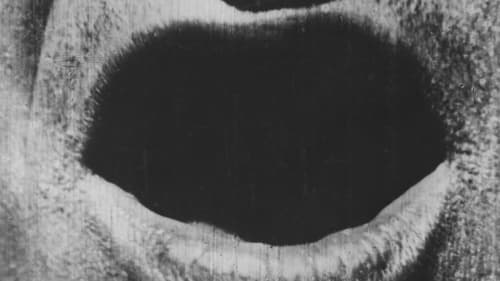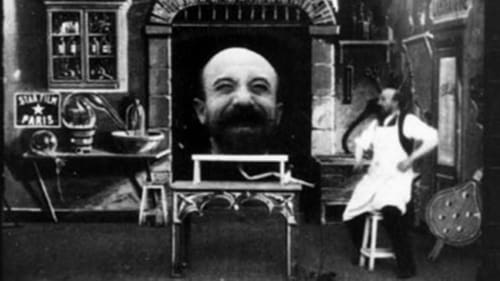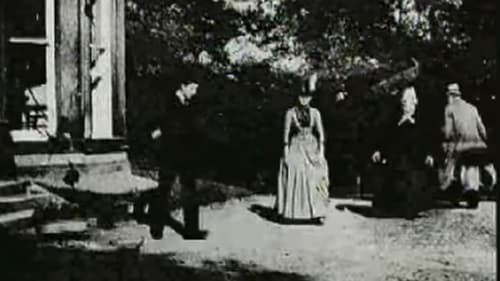Alfred Butterworth and Sons, Glebe Mills, Hollinwood (1901)
Жанр :
Время выполнения : 2М
Директор : Sagar Mitchell, James Kenyon
Краткое содержание
Alfred Butterworth and Sons

Footage from the dawn of film taken in Belle Époque-era Paris, France from 1896-1900.

Time-lapse photography showing the one month-long demolition of the Star Theatre in New York.

Parkgate Iron and Steel Co., Rotherham

A group of miners (including a sole black worker) exits the colliery gates.

A Trip Down Market Street is a 13-minute actuality film recorded by placing a movie camera on the front of a cable car as it travels down San Francisco’s Market Street. A virtual time capsule from over 100 years ago, the film shows many details of daily life in a major American city, including the transportation, fashions and architecture of the era. The film begins at 8th Street and continues eastward to the cable car turntable, at The Embarcadero, in front of the San Francisco Ferry Building. It was produced by the four Miles brothers: Harry, Herbert, Earle and Joe. Harry J. Miles cranked the Bell & Howell camera during the filming.

A street level view from the sidewalk, looking along the length of 23rd Street. Following actuality footage of pedestrians and street traffic, the actors, a man in summer attire and a woman in an ankle-length dress, walk toward the camera.

A young woman becomes the eighth wife of the wealthy Bluebeard, whose first seven wives have died under mysterious circumstances.

A man, objecting to being filmed, comes closer and closer to the camera lens until his mouth is all we see. Then he opens wide and swallows camera and cinematographer. He steps back, chews, and grins.

A chemist carries out a bizarre experiment with his own head.

The earliest surviving celluloid film, and believed second moving picture ever created, was shot by Louis Aimé Augustin Le Prince using the LPCCP Type-1 MkII single-lens camera. It was taken in the garden of Oakwood Grange, the Whitley family house in Roundhay, Leeds, West Riding of Yorkshire (UK), possibly on 14 October 1888. It shows Adolphe Le Prince (Le Prince's son), Mrs. Sarah Whitley (Le Prince's mother-in-law), Joseph Whitley and Miss Harriet Hartley walking around in circles, laughing to themselves and keeping within the area framed by the camera. The Roundhay Garden Scene was recorded at 12 frames per second and runs for 2.11 seconds.

Cunard Vessel at Liverpool

Railroad from Georgetown to Silver Plume, Colorado.

The hen house occupies the entire left foreground of the picture, running back to the nearby road. The main foreground is filled with tall grass swept by the wind, the naturalness of which effect is remarkable. A thief appears 'round the corner, carrying a tattered sack. He suspiciously approaches the window, from which two fowl are handed to him by a black confederat, who himself suddenly appears at the window, falling out head first but clinging tenaciously to a fluttering white bird.

Five black and white minstrels dancing and playing musical instruments in Rupert Street, London.

While the crowd slowly moves forward, a company of guards and the Imperial dais enter the church.

A great feature of the Pan-American Exposition, as unanimously conceded by all visitors, was the electric illumination of the Exposition grounds at night. After a great deal of experimenting and patience, we succeeded in securing an excellent picture of the buildings at the Pan-American as they appeared when lighted up at night.

A well-dressed, middle-aged man is enjoying a drink at a table with a pretty young woman. He flirts with her, and she seems not to mind his attentions. But is it all too good to be true?

An old proprietor is startled and haunted by the strange happenings inside his curiosity shop.

Firefighters ring for help, and here comes the ladder cart; they hitch a horse to it. A second horse-drawn truck joins the first, and they head down the street to a house fire. Inside a man sleeps, he awakes amidst flames and throws himself back on the bed. In comes a firefighter, hosing down the blaze. He carries out the victim, down a ladder to safety. Other firefighters enter the house to save belongings, and out comes one with a baby. The saved man rejoices, but it's not over yet.

A satire on the way that audiences unaccustomed to the cinema didn't know how to react to the moving images on a screen - in this film, an unsophisticated (and stereotypical) country yokel is alternately baffled and terrified, in the latter case by the apparent approach of a steam train.








